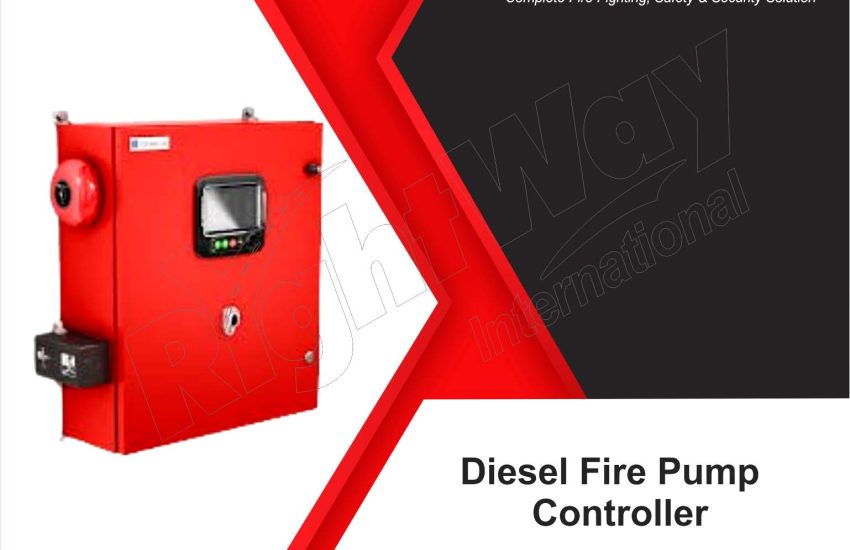Diesel Fire Pump Controller In the realm of fire protection systems, diesel fire pump controllers play a critical role in ensuring reliable operation and compliance with safety standards. These controllers are essential for managing the performance of diesel-driven fire pumps, which are often used in industrial, commercial, and municipal applications. In this article, we will explore the key features, benefits, and considerations when choosing a diesel fire pump controller, integrating relevant SEO keywords throughout.
What is a Diesel Fire Pump Controller?
A diesel fire pump controller is an automated system designed to start and stop the fire pump based on the pressure demands of the fire suppression system. It monitors various parameters and provides essential controls for efficient operation, ensuring that the pump is ready to deliver water when needed.
Key Features of Diesel Fire Pump Controllers
- Automatic Start/Stop Functionality
- The controller initiates pump operation automatically when the pressure drops below a predetermined threshold, ensuring prompt response during emergencies.
- Compliance with NFPA Standards
- Manufacturers design diesel fire pump controllers to meet NFPA (National Fire Protection Association) standards, ensuring safety and reliability in fire protection systems
- User-Friendly Interface
- Many controllers feature intuitive displays that provide real-time information on pump status, pressure levels, and operational alerts, making it easy for operators to monitor system performance.
- Alarm and Notification Systems
- Integrated alarm systems alert operators to potential issues, such as low fuel levels, pump malfunctions, or overheating, ensuring timely maintenance and intervention.
- Durability and Environmental Protection
- Controllers are typically housed in robust enclosures rated for environmental conditions, protecting sensitive components from dust, moisture, and temperature extremes.
- Remote Monitoring Capabilities
- Advanced models offer remote monitoring and control through cloud-based systems or mobile apps, allowing operators to manage the fire pump from anywhere.
Benefits of Using Diesel Fire Pump Controllers
- Enhanced Reliability
- With automatic operation and real-time monitoring, diesel fire pump controllers enhance the reliability of fire suppression systems, ensuring readiness during emergencies.
- Reduced Downtime
- The ability to quickly diagnose issues through alarm notifications minimizes downtime, allowing for prompt repairs and maintenance.
- Fuel Efficiency
- Many controllers are equipped with features that optimize fuel consumption, reducing operational costs while maintaining performance.
- Improved Safety
- Compliance with NFPA standards and integrated safety features ensure that fire suppression systems operate safely and effectively.
Considerations When Choosing a Diesel Fire Pump Controller
When selecting a diesel fire pump controller, consider the following:
- System Compatibility
- Ensure the controller is compatible with your specific fire pump model and the overall fire protection system.
- Control Features
- Look for controllers with features that align with your operational needs, such as automatic start/stop, remote monitoring, and comprehensive alarm systems.
- Maintenance Requirements
- Evaluate the maintenance needs of the controller and the fire pump system to ensure long-term reliability and performance.
- Manufacturer Reputation
- Choose a controller from a reputable manufacturer known for quality and compliance with industry standards.
Conclusion
Investing in a high-quality diesel fire pump controller is crucial for maintaining an effective fire protection system. With features that enhance reliability, safety, and efficiency, these controllers play a vital role in safeguarding lives and property.


